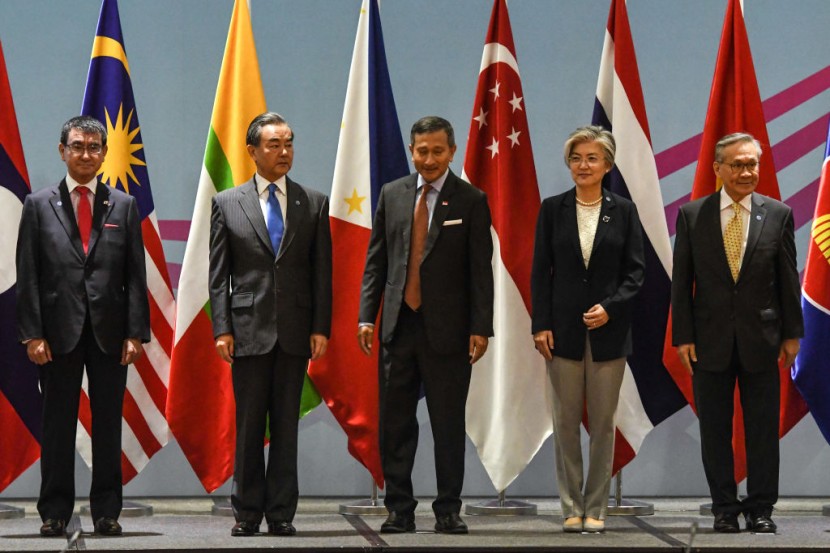
Following a rare summit intended to jump-start trilateral exchanges, senior diplomats from South Korea, China, and Japan agreed on Tuesday that their leaders will meet at the "earliest convenient time."
To promote regional cooperation, the three nations had agreed to host a summit once a year beginning in 2008.
However, this initiative has been weakened by disagreements between the two parties and the COVID-19 epidemic, as reported by Reuters.
The meeting between the two nations' foreign ministers will take place "in a couple of months," according to a statement from Seoul's foreign ministry. Specific dates are still being worked out.
The Need for Summit-Level Negotiations
According to Japanese broadcaster TBS, South Korea, which is hosting three-way meetings this year, has suggested holding a summit in late December.
Yoko Kamikawa, Japan's foreign minister, stated that the three nations agreed on the need to "as soon as possible.
After Seoul and Tokyo agreed this year to terminate their legal, diplomatic, and trade disputes over matters relating to Japan's 1910-1945 occupation of Korea, Beijing was reportedly concerned about how closely the two U.S. allies were working together. This was one of the goals of the most recent meeting, according to observers.
In an effort to improve relations, South Korean President Yoon Suk Yeol and Japanese Prime Minister Fumio Kishida, convened a historic trilateral summit with the United States in August, where the three pledged to increase collaboration, notably on security issues for the economy and the military.
China Seeks Trilateral Cooperation
A senior South Korean official claimed that since bilateral relations deteriorated over a U.S. military force deployment in 2017, China has proactively sought trilateral cooperation and set up talks.
Tong Zhao, senior fellow at the American Carnegie Endowment for International Peace, predicted that Beijing would use trilateral trade ties to counterbalance the U.S. friend-shoring strategy, advance intercultural exchanges, and improve communication and dialogue with Seoul and Tokyo on security and defense issues.
He said that Japan and South Korea are interested in preventing crises, upholding a secure security relationship with China, and enlisting Beijing's help in reducing if not completely stopping, North Korea's vast nuclear development program.
The Chinese premier has customarily participated in the trilateral summits, and South Korea is also pushing for President Xi Jinping to make a separate trip there.
The most recent meeting was attended by Nong Rong, China's assistant foreign minister, Chung Byung-won, South Korea's deputy foreign minister, and Takehiro Funakoshi, Japan's senior deputy foreign minister.








